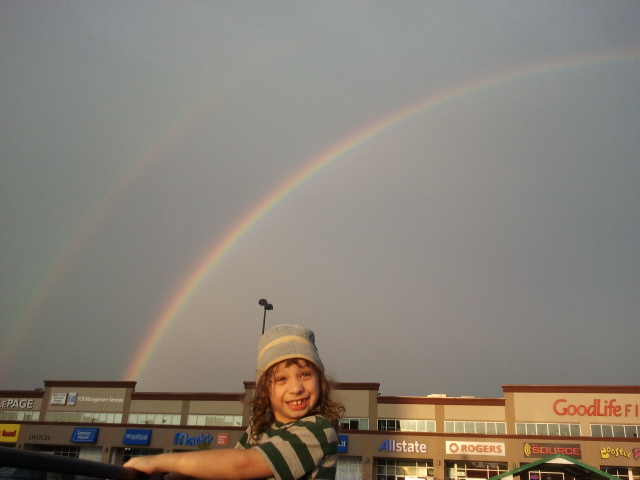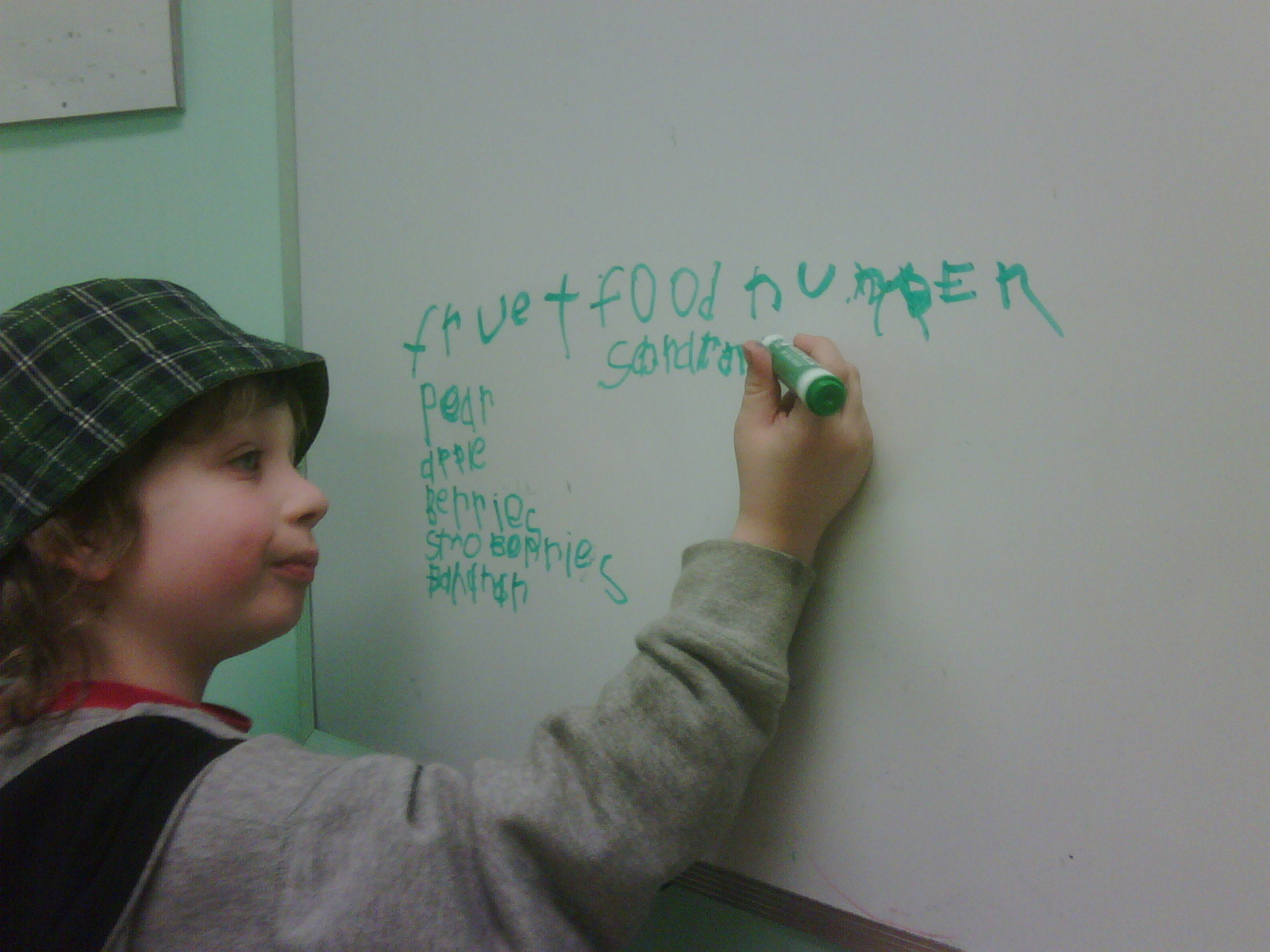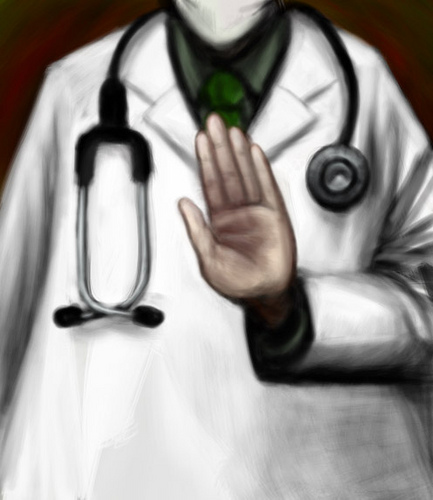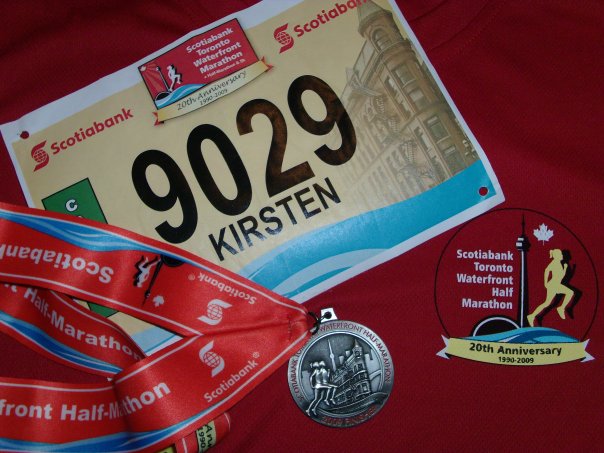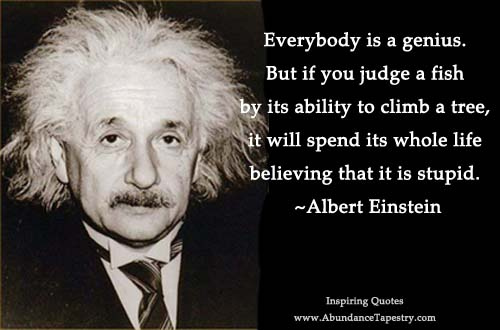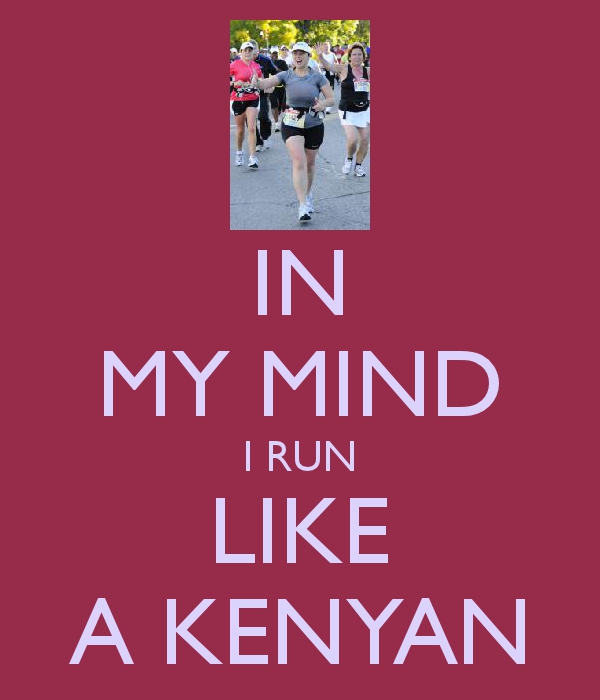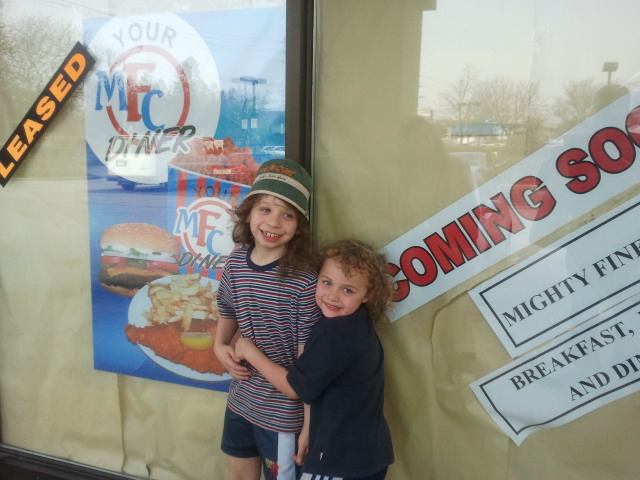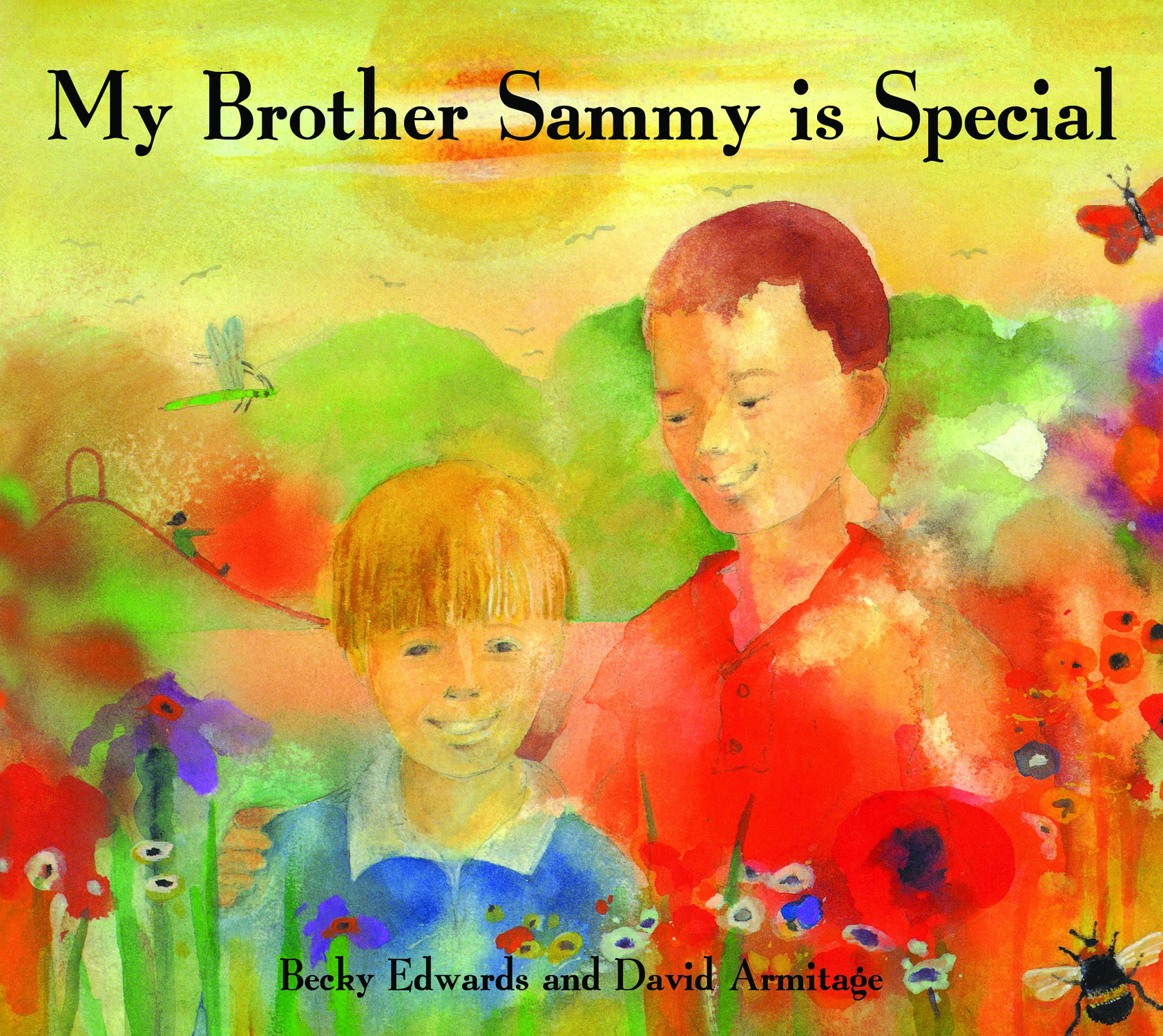I am participating in the Health Activist Writers Month Challenge, in which I publish a post every day for the month of April, based on health-related prompts.
April 21 – Health madlib poem: Go to http://www.languageisavirus.com/cgi-bin/madlibs.pl and fill in the parts of speech and the site will generate a poem for you. Feel free to post the Madlib or edit it to make it better.
When I read this prompt, I thought it would be easy. It turned out to be a lot more challenging than I had expected. The Madlib gave me a poem that was beautiful in some parts, nonsensical in others. I had to throw out the first couple of attempts, and I finally got something that I could edit into something I could like. As tough as this exercise was, it was a lot of fun. Everyone should give it a try!
quietly i have never run, softly beyond my heart
my son, your smile is full of love
in your most happy tears are things which surprise me,
on which i cannot speak because they are too deep
your beautiful look profoundly will move me
though i have tried to understand
you see things in ways that are beyond me
exploring your world thoughtfully, intensely
your potential reaches the stars and sun
i move my world for you so that you may fly
i cross the ocean for you to know no limits
your path is different and the road is challenging
nothing gets in the way of your growth
the strength of your shy wonder: my child
i smile at the beauty of your blond hair
your blue eyes bright and sparkling with life
i would run to the ends of the world for you
so the world can be yours
you are amazing: son, brother, friend
your heart is pure, your smile lights up the sky
By Kirsten Doyle with a little help from e.e. cummings





